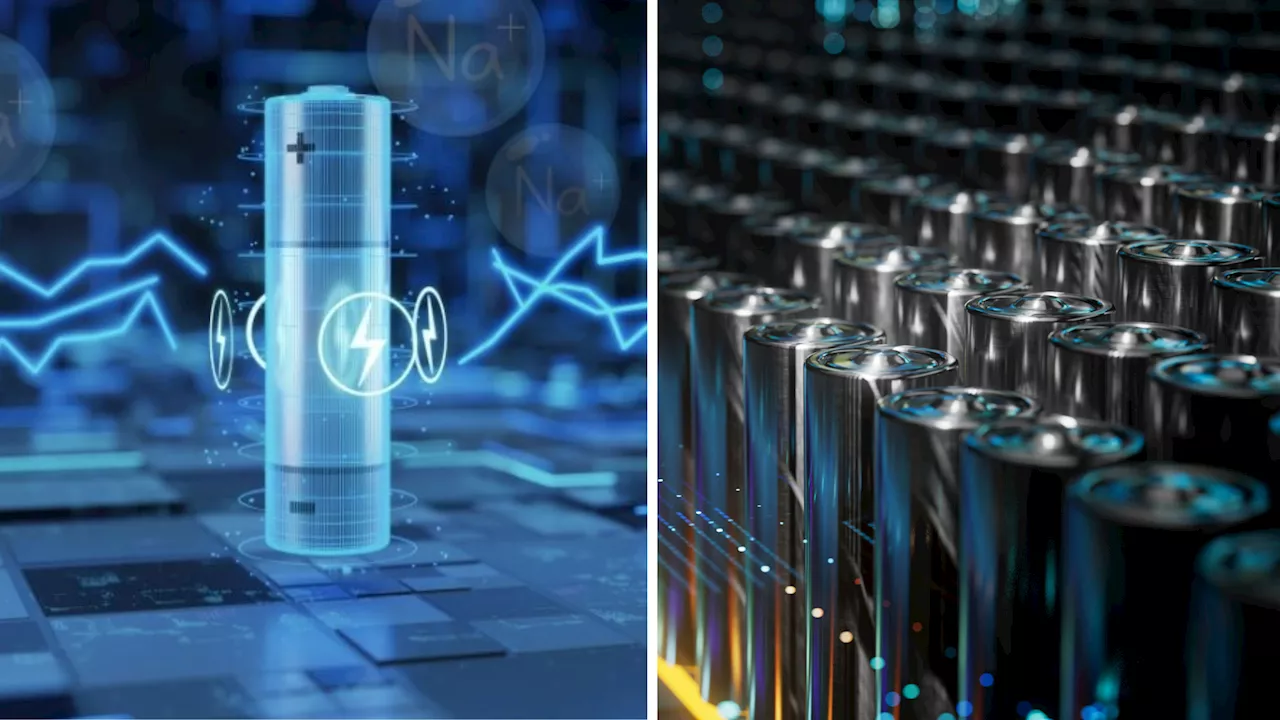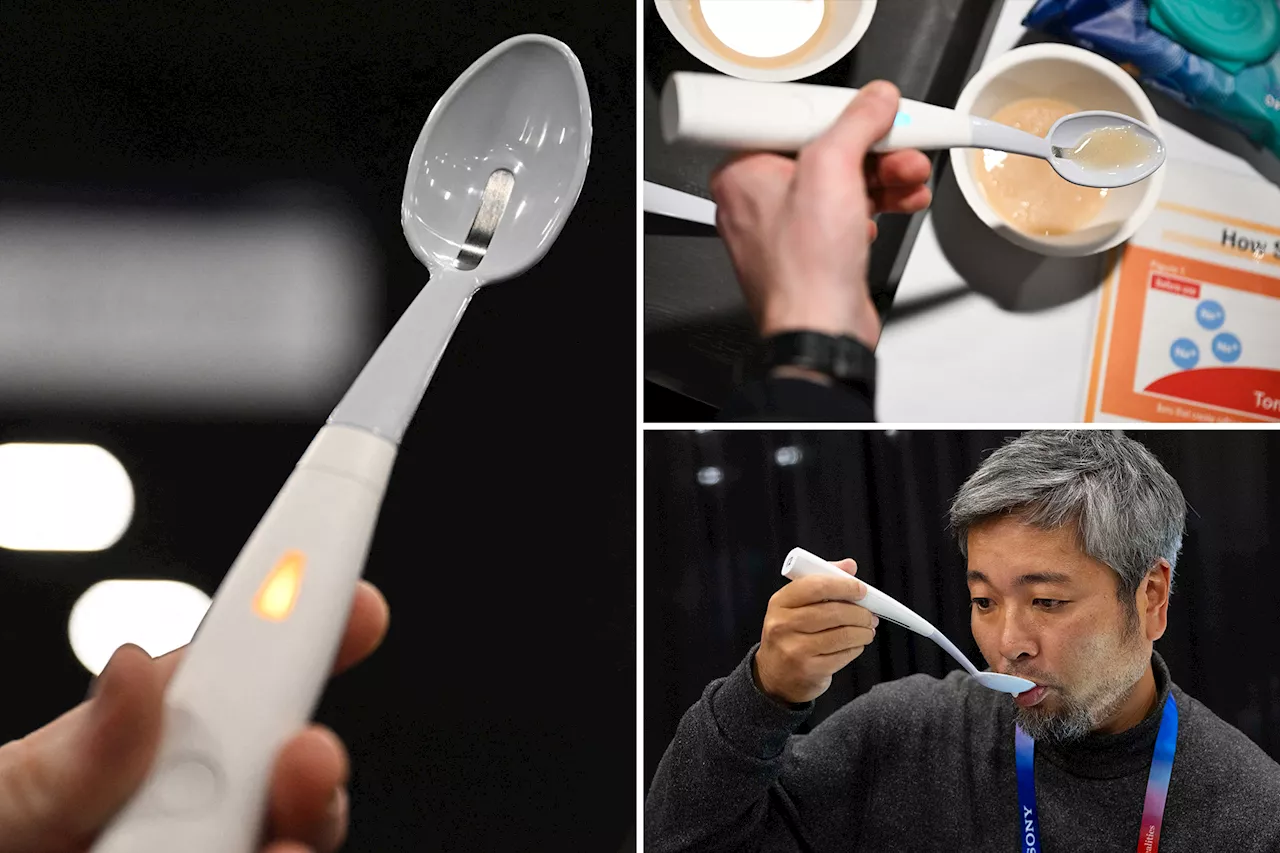A thorough analysis of market, technological, and supply chain outcomes for sodium-ion batteries finds that significant advances are needed before commercialization.
Legions of battery engineers and their supporters have sought for years to build batteries cheaper than the dominant lithium-ion technology, hoping to capture some of lithium-ion's $50 billion-a-year and growing market. The latest darling contender among researchers, startups, and venture capitalists -- sodium-ion batteries -- has received much attention after COVID-induced mineral supply chain challenges sent lithium prices on a wild ride.
Yao's PhD co-advisors are the new study's senior authors and the co-directors of STEER: Sally Benson, the Precourt Family Professor in the Department of Energy Science & Engineering in the Doerr School of Sustainability; and William Chueh, an associate professor of materials science in the School of Engineering, of photon science at SLAC, and of energy science and engineering in the Doerr School.
"As technologists and investors, we cannot assume that economies-of-scale will always send prices plummeting once a device reaches commercial production. Yes, there will be a learning curve, but here we quantify this curve and show that it isn't enough on its own," said Chueh, who is also the director of the Precourt Institute for Energy."Engineering advances will likely do much more to cut sodium-ion battery costs than simply scaling production.
"One key thing we learned from industry practitioners is that while battery cell prices are important, technologies only succeed at the systems level, say an electric vehicle or a grid-scale battery energy storage system. That's why we're now expanding our scope to provide more holistic perspectives, including understanding the cost of safety and other systems considerations," said Yao.
Alternative Fuels Energy Technology Energy And The Environment Sustainability Renewable Energy Energy Issues STEM Education Resource Shortage
United States Latest News, United States Headlines
Similar News:You can also read news stories similar to this one that we have collected from other news sources.
 Breakthrough new material brings affordable, sustainable future within graspResearchers have developed a new material for sodium-ion batteries, sodium vanadium phosphate, that delivers higher voltage and greater energy capacity than previous sodium-based materials. This breakthrough could make sodium-ion batteries a more efficient and affordable alternative to lithium-ion, using a more abundant and cost-effective resource.
Breakthrough new material brings affordable, sustainable future within graspResearchers have developed a new material for sodium-ion batteries, sodium vanadium phosphate, that delivers higher voltage and greater energy capacity than previous sodium-based materials. This breakthrough could make sodium-ion batteries a more efficient and affordable alternative to lithium-ion, using a more abundant and cost-effective resource.
Read more »
 Sodium-ion batteries hit 458 Wh/kg: Breakthrough material closes gap with lithiumDeveloped by an international team of interdisciplinary researchers, the material could boost the energy performance of sodium batteries.
Sodium-ion batteries hit 458 Wh/kg: Breakthrough material closes gap with lithiumDeveloped by an international team of interdisciplinary researchers, the material could boost the energy performance of sodium batteries.
Read more »
 Electric Spoon Promises to Make Food Taste Saltier Without Added SodiumKirin Holdings Company unveiled an innovative spoon at CES 2023 that uses a gentle electric current to enhance savory flavors and reduce the need for added salt.
Electric Spoon Promises to Make Food Taste Saltier Without Added SodiumKirin Holdings Company unveiled an innovative spoon at CES 2023 that uses a gentle electric current to enhance savory flavors and reduce the need for added salt.
Read more »
 Electric Salt Spoon Enhances Taste Without Added SodiumKirin Holdings unveils an innovative electric spoon that can make food taste saltier without using additional sodium. The spoon uses a mild electrical current to heighten the taste of soups, curries, and other dishes, potentially addressing global concerns about excessive salt intake.
Electric Salt Spoon Enhances Taste Without Added SodiumKirin Holdings unveils an innovative electric spoon that can make food taste saltier without using additional sodium. The spoon uses a mild electrical current to heighten the taste of soups, curries, and other dishes, potentially addressing global concerns about excessive salt intake.
Read more »
 FDA Sets New Standards for 'Healthy' Food LabelsThe FDA has updated its guidelines on what foods can be labeled as 'healthy,' emphasizing fruits, vegetables, and limited amounts of saturated fat, sodium, and added sugars.
FDA Sets New Standards for 'Healthy' Food LabelsThe FDA has updated its guidelines on what foods can be labeled as 'healthy,' emphasizing fruits, vegetables, and limited amounts of saturated fat, sodium, and added sugars.
Read more »
 Top 10 Marinara Sauces to Watch Out ForThis article examines the sugar, sodium, and fat content of popular marinara sauces, identifying those that could use more balance. It offers suggestions for healthier alternatives and emphasizes the importance of portion control.
Top 10 Marinara Sauces to Watch Out ForThis article examines the sugar, sodium, and fat content of popular marinara sauces, identifying those that could use more balance. It offers suggestions for healthier alternatives and emphasizes the importance of portion control.
Read more »
